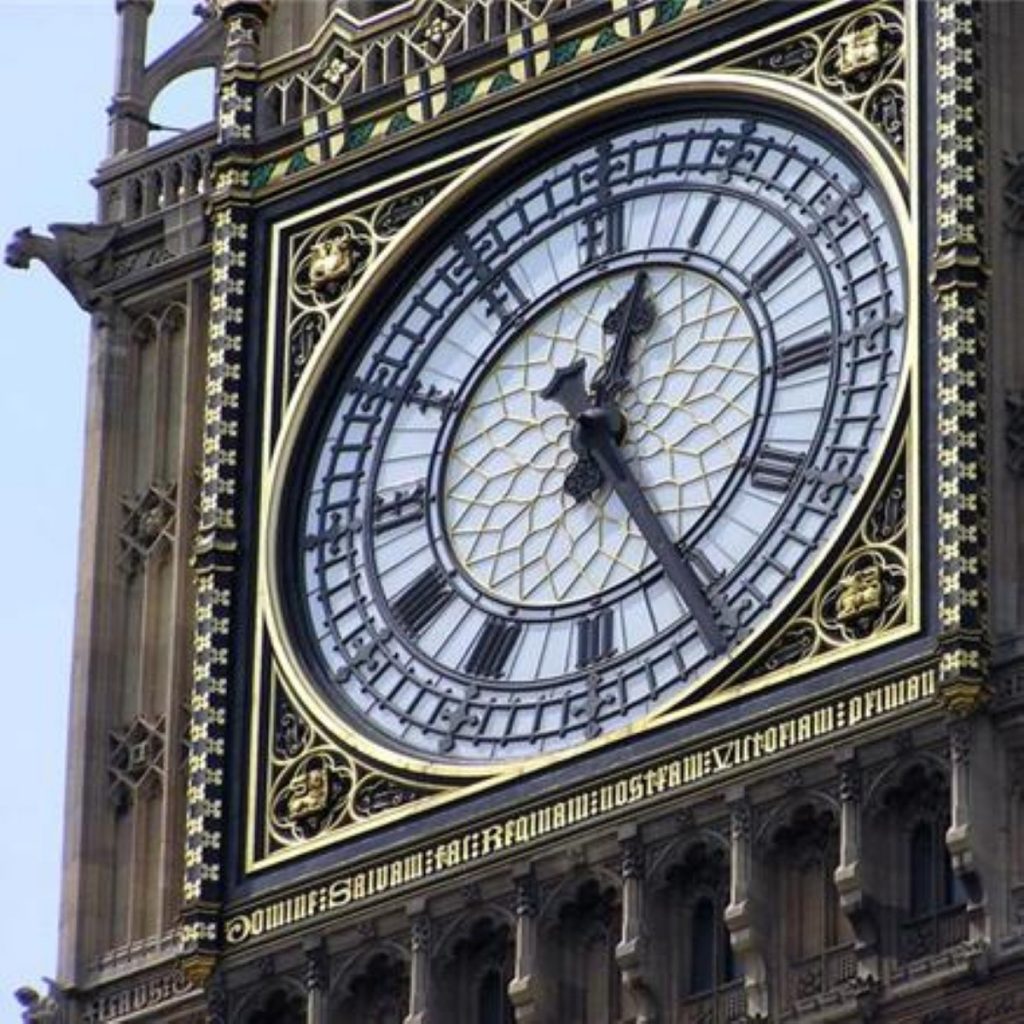Chaos in Westminster as MPs vote on expenses
By Ian Dunt
Chaos reigned over Westminster today, as sudden government manouvres threatened to turn the expenses debate into a laughing stock.
Leader of the Commons, Harriet Harman, sparked a fierce reaction by accepting an amendment delaying any action on the second home allowances section of Gordon Brown’s plans until a separate independent inquiry was complete.
But she nevertheless pressed ahead with a debate on the individual points in the prime minister’s scheme to reform MPs’ expenses.


Her opposite number, Alan Duncan, called it “complete and utter lunacy”.
At around 17:15 BST, MPs voted by 355 votes to 39 to stop outer-London MPs claiming second home allowance.
A motion increasing tranparency on MPs’ secondary sources of income – particularly relevant to Tory MPs – was passed by 305 votes to 31.
An attempt to amend the motion calling for MPs’ staff to be employed by the Commons rather than MPs themselves was defeated by 285 votes to 96. The motion itself was passed by 280 votes to 100.
A motion scrapping the £25 threshold at which receipts must be provided for expenses claims was accepted by 348 to 22 votes.
The results meant that the government easily won all those issues on which it did push ahead with the vote.
The amendment accepted by Ms Harman was originally proposed by standards and privileges committee chairman Sir George Young. It had originally been criticised by Downing Street.
Speaking to the BBC today, he said: “When the government said it accepted my amendment many people thought that was it. Then it became clear they were going ahead with the votes. My own view is we’ve made a real hash of this.”
This afternoon, the prime minister’s spokesman said: “We took the view that we were happy to accept the first amendment from Sir George Young and his committee.
“The prime minister is determined to make changes where we can.”
Asked if Mr Brown was losing his authority, the spokesman described the suggestion as “complete rubbish”.
“The position we are taking is the same as our position outlined last week,” he continued. “Of course it’s difficult because you’re trying to change a system that’s been the same for many years.”
The original vote pushed for the committee on standards in public life to produce an alternative to the current second home allowance system as soon as possible, and laid out some of the principles which should apply.
But Mr Cameron removed his support this morning, objecting to a line tagging funding to MPs’ attendance in the Commons.
The decision by Ms Harman is being interpreted as a tacit acceptance that the government was on course to lose the vote.
Today’s vote was seen as a critical test of the prime minister’s authority after he lost yesterday’s Lib Dem motion on whether Ghurkas should be allowed to move to the UK.
The package of measures had already been stripped of the ‘clocking-in’ money originally suggested by Mr Brown.
Mr Cameron launched a second surprise atack this morning, when he dropped his support for measures on MPs’ second jobs.
Arguing the proposals went too far, Mr Cameron said his frontbenchers would abstain on the measure so it could be sent to the independent inquiry.
The issue of secondary income is an important one for Conservatives, several of whom have well-renumerated outside jobs.
But Mr Cameron’s statement failed to stop the government winning the vote by an easy margin.
Several MPs stood up in the Commons during a relatively poorly attended debate this afternoon to complain about the strength of the media reaction on expenses.
“The YouTube was just too horrible to watch,” Labour backbencher Gordon Prentice said.
“I want pay and allowances to be like a devolved matter, and we have nothing to do with it.”
Yesterday’s Gurkha vote was Mr Brown’s first significant defeat since he became prime minister and the fourth for Labour since it came to power.
All but two – Joan Humble and Stephen Pound – of the Labour MPs who voted against the government had done so previously.
But the vote was lost on the basis of those MPs who abstained , rather than those who openly broke ranks.












